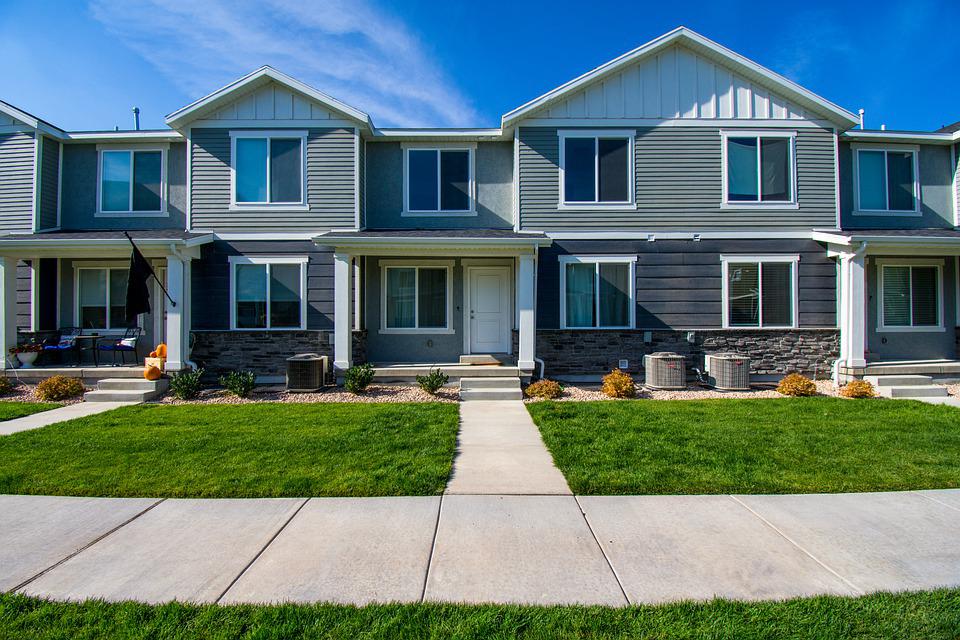How Are Real Estate Auctions Carried Out
Summary
– Real estate auctions: a public, secure and transparent sale
– After the real estate auction
– Various costs of a voluntary auction sale
The voluntary auction, or candle auction, is a transparent and impartial sale that any property owner can use for any property.
In certain situations, the recourse to a voluntary real estate auction may be necessary to settle, for example, family disputes and get out of an indivision.
Real estate auctions: a public, secure and transparent sale

A notary must conduct a voluntary real estate auction. It takes place in several stages:
– The notary has the property appraised and sets, in agreement with the seller, the amount of the upset price, generally at 75% of the property’s actual value. The seller can also put his property up for sale without a reserve price: he protects himself by setting a reserve price, i.e., his property will not be sold below the estimate.
– The notary draws up a specification sheet containing:
◦ a precise description of the property (designation, the origin of ownership, town planning, possible easements,…);
◦ a precise description of the conditions of sale of the property: fees, co-ownership charges, diagnostics, etc.;
◦ any potential buyer can freely consult it before the auction at the seller’s notary.
– The notary registers the property in the public sales calendar.
– He advertises (announcements) the sale through the press, public display, the Internet, etc.
– The real estate auction takes place on the scheduled day in a specified place (notary’s office, departmental chamber of notaries, city hall, etc.).
◦ Interested buyers must register their identity upon presenting an ID and hand over a check for the amount of the requested deposit before the sale (returned after the sale to non-buyers).
– The notary presents the property for sale, and each person carrying a numbered tag (given by the notary in exchange for the deposit cheque) can freely announce a bid.
– The principle of the candle sale is as follows: after the extinction of 2 successive small wicks (or fires), with no new bidding occurring during the time they are burning (15 to 30 seconds), the auction is pronounced to the highest and last bidder.
Good to know: the notary in charge of drawing up the deed of sale of a property for residential use is obliged to check the criminal record to verify that the buyer has not been subject to an additional penalty of prohibition from acquiring a rental property.
After the sale by real estate auction

The sale will not be final immediately:
– The overbidding period of 10 days from the sale allows any interested person, even if they did not participate in the sale, to make a higher proposal (overbidding) of at least 10% compared to the sale price concluded at the auction. In this case, a new sale session will have to be organized with a bidding price corresponding to the auctioned price increased by the 10% overbid.
– Please note: the buyer has no withdrawal period (10 days in a classic sale after signing a preliminary sales agreement).
– After the sale by real estate auction: the buyer must pay the balance of the sale price and the totality of the sale costs within 45 days. The price will automatically accrue interest from the 46th day after the auction. It is possible to pay without waiting 45 days and immediately possess the property.
– Important: this acquisition cannot be subject to a suspensive condition of obtaining credit. It is therefore advisable to inform the bank as soon as possible of the terms and conditions of the purchase so that the payment deadline is respected.
– If the buyer cannot pay the sale price, the notary can put the property back on the market at the expense of the defaulting buyer. The latter bears all the costs of the sale and the procedure.
When there is no overbid, the successful bidder is retroactively considered to have had absolute ownership of the property as of the auction. The keys are handed over on the day of the full-price payment.
Miscellaneous costs of the voluntary auction
The costs to be expected to be borne by the buyer during an auction are:
– From the purchaser:
◦ transfer duties (taxes to the State);
◦ emoluments of the notary
– From the seller:
◦ notary’s miscellaneous fees (advertising, appraisal, etc.) if the property does not leave at the reserve price;
◦ real estate VAT if the property is subject to it.




Pingback: How to Accept an Estate - Top Real Estate